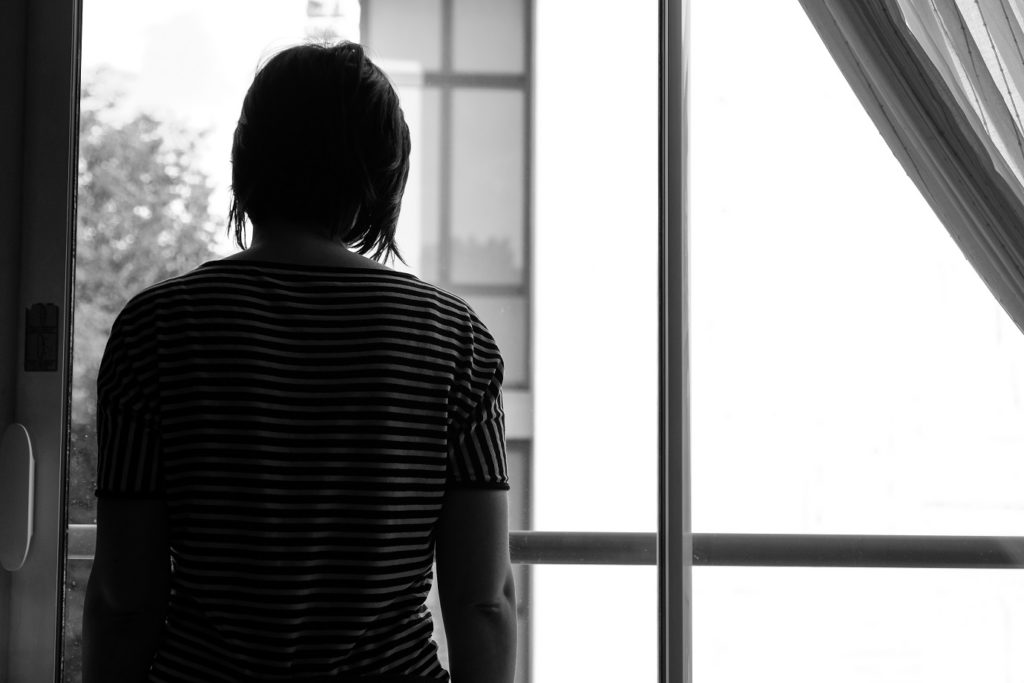Five domestic and family violence survivor advocates have penned a joint letter to members of the government’s Expenditure Review Committee, detailing why specialist frontline services need to be properly funded in Monday’s federal budget.
In a joint letter, Rebekah*, Lee*, Emily*, Jesse* and Roxy*, shared their personal experiences of receiving assistance from family and domestic violence services, each saying it had been “life-changing”.
“We personally know the life-changing impact that funding family and domestic violence services can have. And we don’t want to see anyone who is reaching out for help denied access to the support that helped us rebuild our lives,” the survivor advocates said.
“Ensuring specialist women’s services are resourced to support every victim-survivor who needs them, when and where they need them, is more important than ever. It will save lives.”
Analysis from the Australian Women Against Violence Alliance suggests the $12 billion over the next 12 years is needed for the federal government to fulfil its National Plan to Reduce Violence Against Women and their Children.
The letter to the Expenditure Review Committee, the body responsible for making decisions about the federal budget, details each of the survivor advocates’ experiences with service support, from times they needed it most.
For Rebekah*, service support meant she had help with safety planning, having locks changed and an alarm system installed, having support during the court process, access to counselling, food on the table, and presents for her children at Christmas.
In Jesse’s* case, she had her locks changed, hospital support, counselling, court support and assistance during a trial. For Roxy*, she was able to communicate with a case worker who organised a safety plan for her to get ready to act in one of the rare windows of opportunity that existed to escape an extremely controlling abuser.
Lee’s* access to service support meant she could access physical shelter and experienced support workers who understood what she was dealing with.
And for Emily*, service support resulted in her having someone come to the court, so she didn’t have to come face-to-face with the perpetrator of her abuse. She was protected from further abuse because she had someone by her side. It also meant she could give her children presents at Christmas.
According to community campaigning group Fair Agenda, specialist women’s and family violence services, like crisis accommodation, are currently so overwhelmed that most have a waiting list for months. It’s leaving many women and children in need of urgent support unable to access safety.
In many places around Australia, Safe at Home programs cannot be accessed by many women experiencing domestic abuse. Many are left with an impossible choice between fleeing with a hope of accessing homelessness services, or remaining unsafely at home with their abuser. Safe at Home programs, when adequately funded, can assist survivors with security for their home, and protection orders and support.
Family violence prevention legal services are also in desperate need of funding. These legal services are often the only key specialist and culturally safe services for Aboriginal and Torres Strait Islander survivors. The National Family Violence Prevention and Legal Services Forum currently has no funding certainty to carry out their work.
Fair Agenda has also identified men’s behaviour change programs as a service that has received a significant increase in demand since the pandemic began. There is an average waiting time of three months for these programs that help men at risk of perpetrating abuse and violence.
Currently, the government’s Expenditure Review Committee has just one female member, Social Services Minister Anne Rushton. Prime Minister Scott Morrison is the chairman, Federal Treasurer Josh Frydenberg is deputy chairman and Deputy Prime Minister Michael McCormack, Health Minister Greg Hunt and Finance Minister Mathias Cormann are members.
*Names have been changed
If you or someone you know is in need of help due to family and domestic violence contact 1800RESPECT on 1800 737 732.
In an emergency call 000.


